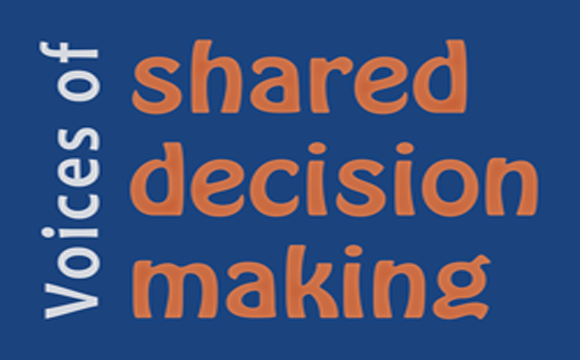What are the teachers and principals perceptions’ of shared-decision making in Georgia Charter Schools?

President Barrack Obama promotes charter schools as a central component of his Education Reform Program. He has significantly increased funding to create more successful charter schools, improve struggling charter schools and eliminate failing charter schools through competitive grants such as the Race to the Top. In the November 6th election, Georgia citizens will decide whether they are in favor of a new Georgia Charter Schools amendment designed to give the state legislature the right to create special schools.
In the airing of “The Holmes Education Post Talk Show” on WTAL 1450AM Tallahassee, Fla., regarding doctoral dissertations, we talk with educators about how they fulfilled the requirements of the dissertations, especially those that focus on improving the educational environment. In this month’s segment, we interviewed Dr. Regina Merriwether who earned a Ed.D. from Clark Atlanta University and completed a quantitative study entitled: “Teachers and principals’ perceptions of shared decision-making in Georgia Charter Schools.”
You can listen to the entire interview in the resource section of The Holmes Education Post online. An excerpt of the interview with Merriwether conducted by guest host Joi Holmes follows:
Q. What motivated you to complete a doctoral degree?
A. I grew up in humble surroundings; no one in my family received a terminal degree. I always knew that I wanted to be a doctor, but didn’t realize it would be a Doctor of Education. What motivated me was being able to do something that no one in my family had done, while also being able to provide for my family in a way that I knew only education would provide.
Q. How did you select your dissertation topic?
A. As my classmates and I progressed through the coursework, we were given the opportunity to write on topics that were of interest to us. I chose charter schools and its relationship to shared decision-making. Charter school was a major buzzword at that time. As I continued to explore the topic, I knew it was what I wanted to do.
Q. What was the significance of your dissertation study?
A. We found that when both teachers and principals perceive that they have a voice in the decision-making process, it made a difference and was a significant finding.
Q. What was the design or methodology for your dissertation study?
A. I did a quantitative study and conducted questionnaire surveys. The survey was an existing shared decision-making survey, which we had edited by a statistician. We conducted a sample testing of the reliability and validity of the survey, and with those results, we were able to develop our questionnaire.
Q. What challenges did you encounter in completing your dissertation?
A. The challenges were staying focus, setting a timeframe and sticking to the schedule to complete the dissertation. After completing your coursework, there’s no one prodding you to keep going. So, it has to come from within you to finish the coursework. There is so much time spent on the literature review and the subject matter; it is a challenge to make sure you are focused and determined to do what’s required. Additionally, a challenge is to know what to do after collecting your data. Often times, you have to seek professional advice from a statistician to aggregate and disaggregate the data. This helps to make sense of the data so that you can relate it back to your theoretical framework.
Q. What tips can you offer to students for completing a dissertation?
A. I would tell students to (1) continue to encourage themselves because the opportunities are almost infinite after you receive the terminal degree; (2) choose a topic that they are passionate about learning, so that the research isn’t like a chore but more like your love, work and play and (3) spend the time that is required, jump the hurdles the chair makes you jump, listen to your chair, do what they say do. Dissertation chairs are there to take your work to the next level, so when you put your name on the dissertation, and they sign their names, it’s something you can be very proud of or even publish one day.
We sincerely thank Dr. Regina Merriwether for sharing her dissertation experience, knowledge and expertise as an avenue to improve public education. If you would like to be considered a guest on the talk show, please submit your name, email address, telephone number and a copy of your doctoral dissertation to [email protected].
Dr. Ronald Holmes is the author of two books, “Education Questions to be Answered” and “Current Issues and Answers in Education.” He is publisher of “The Holmes Education Post,” an education focused Internet newspaper. Holmes is the national superintendent of education for the National Save the Family Now Movement, Inc., a former teacher, school administrator and district superintendent. He can be reached at [email protected].

